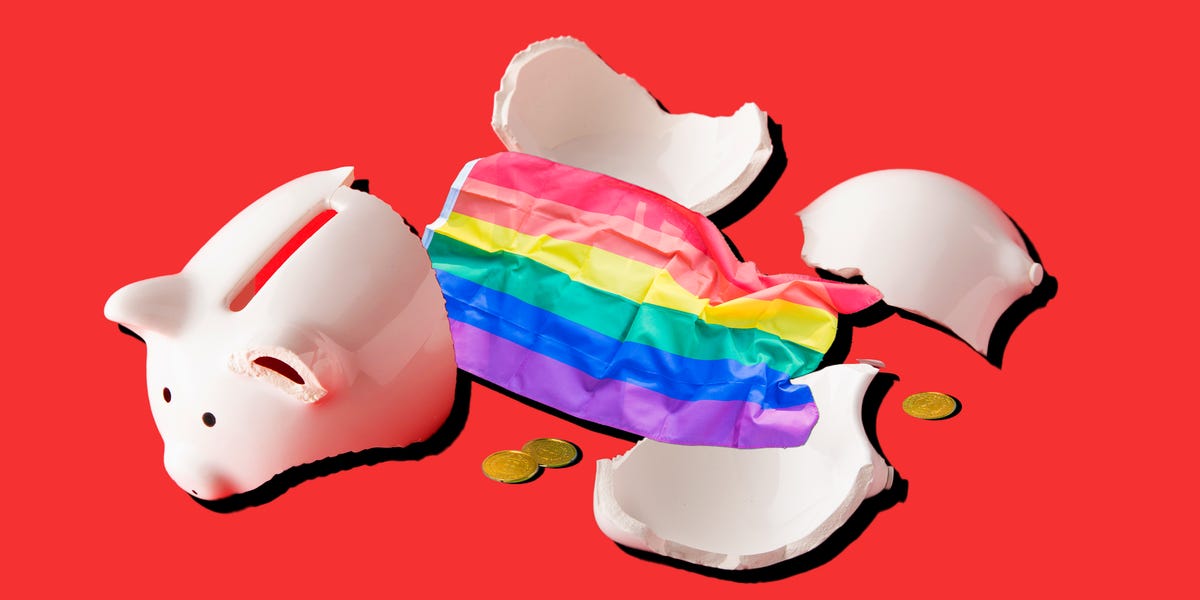Corporate Commitment or Political Pressure? The Shift in Pride Donations
In recent months, major corporations have quietly reduced or withdrawn financial support for Pride initiatives amid growing political polarization. Companies like Target, Bud Light, and Disney faced backlash from conservative groups and politicians over LGBTQ+ advocacy, prompting a reassessment of their philanthropic strategies. This trend raises critical questions about whether corporate social responsibility is yielding to political pressure during an election year.
The Data Behind the Donation Decline
According to a 2024 report from the Corporate Equality Index, LGBTQ+ related corporate donations dropped 18% year-over-year—the first decline since 2015. Meanwhile, an analysis by Bloomberg revealed:
- 23 Fortune 500 companies scaled back Pride Month marketing campaigns in 2024
- Corporate sponsorships for Pride parades decreased by 32% in swing states
- 76% of surveyed companies cited “political climate” as a factor in funding decisions
“This isn’t just about rainbow logos disappearing in June,” notes Dr. Elena Rodriguez, a business ethics professor at Columbia University. “We’re seeing a fundamental recalibration of how companies assess risk versus reward in their diversity initiatives.”
Political Headwinds Reshape Corporate Calculations
The turning point came after several high-profile controversies. In 2023, Target removed some Pride merchandise following threats to store employees, while Anheuser-Busch faced a $27 billion market value drop after conservative backlash against a Bud Light partnership with transgender influencer Dylan Mulvaney.
Republican-led states have amplified pressure through legislation. At least 18 states now have laws restricting LGBTQ+ discussions in schools or limiting transgender healthcare, creating legal minefields for corporations. Florida’s Parental Rights in Education bill—dubbed “Don’t Say Gay” by critics—directly impacted Disney’s operations and political donations.
“Companies are doing cost-benefit analyses they never needed before,” explains conservative strategist Mark Reynolds. “When Pride support starts affecting stock prices or store foot traffic, shareholders demand alternatives.”
The Business Case for Continued Support
However, many advocates argue that retreating from LGBTQ+ initiatives carries its own risks:
- 68% of Gen Z consumers prefer brands supporting social causes (Edelman Trust Barometer)
- LGBTQ+ households wield $1.4 trillion in annual purchasing power (Witeck Communications)
- Companies with high LGBTQ+ equality scores outperform peers by 10% (Credit Suisse)
Tech giants like Apple and Microsoft continue robust Pride support. “Our commitment isn’t seasonal,” Microsoft’s Chief Diversity Officer Lindsay-Rae McIntyre stated in a June press release. “Inclusion drives innovation—that calculus hasn’t changed.”
Navigating the New Normal
Some corporations are adopting subtler approaches. Instead of rainbow-branded campaigns, companies like Bank of America now direct funds toward:
- Workplace inclusion training programs
- Year-round LGBTQ+ employee resource groups
- Discreet donations to legal defense funds
This shift reflects what diversity consultant Amir Jones calls “the velvet revolution in corporate activism.” Rather than public spectacles, companies focus on structural changes less likely to provoke political backlash.
What Comes Next for Corporate Allyship?
The 2024 election cycle may determine whether this trend becomes permanent. With 42% of consumers saying a company’s political donations affect their purchasing decisions (Harris Poll), corporations face mounting pressure to align all aspects of their operations—philanthropy, lobbying, and marketing—with stated values.
As Pride Month 2025 approaches, watchdog groups plan to track whether reduced visibility equals reduced support. “The true test,” says Human Rights Campaign president Kelley Robinson, “is whether companies stand firm when it’s not commercially convenient.”
For businesses navigating these crossroads, the path forward requires balancing principle with pragmatism—a challenge that may redefine corporate social responsibility for years to come. Readers can track corporate equality scores through the Human Rights Campaign’s annual index.
See more BBC Express News

